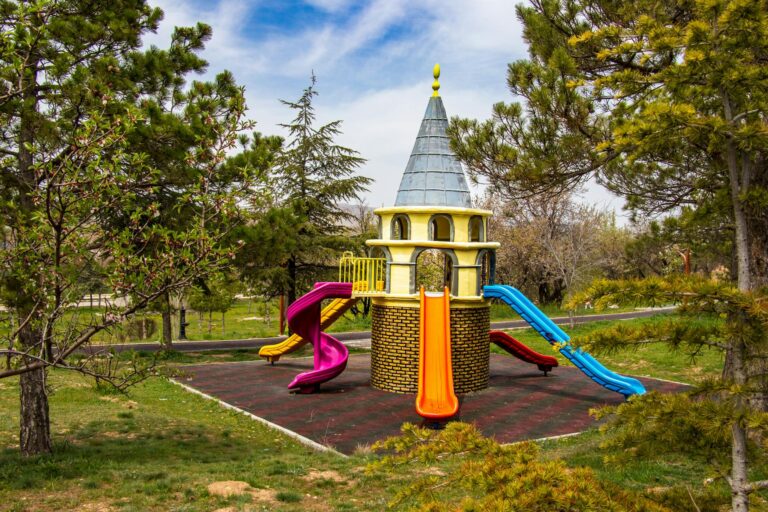We have gradually stopped making long-term plans, and this shift reflects changes in how we view the future and manage uncertainty. In the past, people and organizations often created detailed plans stretching years ahead, aiming to predict and prepare for what was coming. Today, many find it difficult or even pointless to commit to such extended planning.
One reason is that life feels more unpredictable than before. Rapid changes in technology, economy, health care costs, and social conditions create an environment where what seems like a good plan today might be obsolete tomorrow. For example, businesses face constant threats and opportunities that require quick decisions rather than sticking rigidly to a long-term script. CEOs who neglect planning risk missing growth chances or failing when unexpected challenges arise—but at the same time, overly rigid plans can limit flexibility needed in fast-changing markets.
On a personal level, people often procrastinate on important tasks because of anxiety or fear about outcomes. This tendency can make it harder to commit confidently to long-term goals when short-term worries dominate attention. The stress of facing uncertain futures leads many individuals to focus on immediate relief rather than distant rewards.
Additionally, financial pressures contribute heavily to this trend away from long-range thinking. Many families struggle with rising costs—like health care expenses—that force them into reactive decision-making instead of proactive planning for years ahead.
In essence, stopping long-term planning is partly a response to living in times marked by complexity and unpredictability. While some see this as risky—since lack of preparation can cause missed opportunities or crises—it also reflects an adaptation: focusing more on flexibility and managing risks as they come rather than trying unsuccessfully to forecast far into the future.
This doesn’t mean all planning has disappeared; instead it’s changing shape—becoming shorter term or scenario-based—to better fit our current reality where certainty is scarce but adaptability is essential for success over time.





